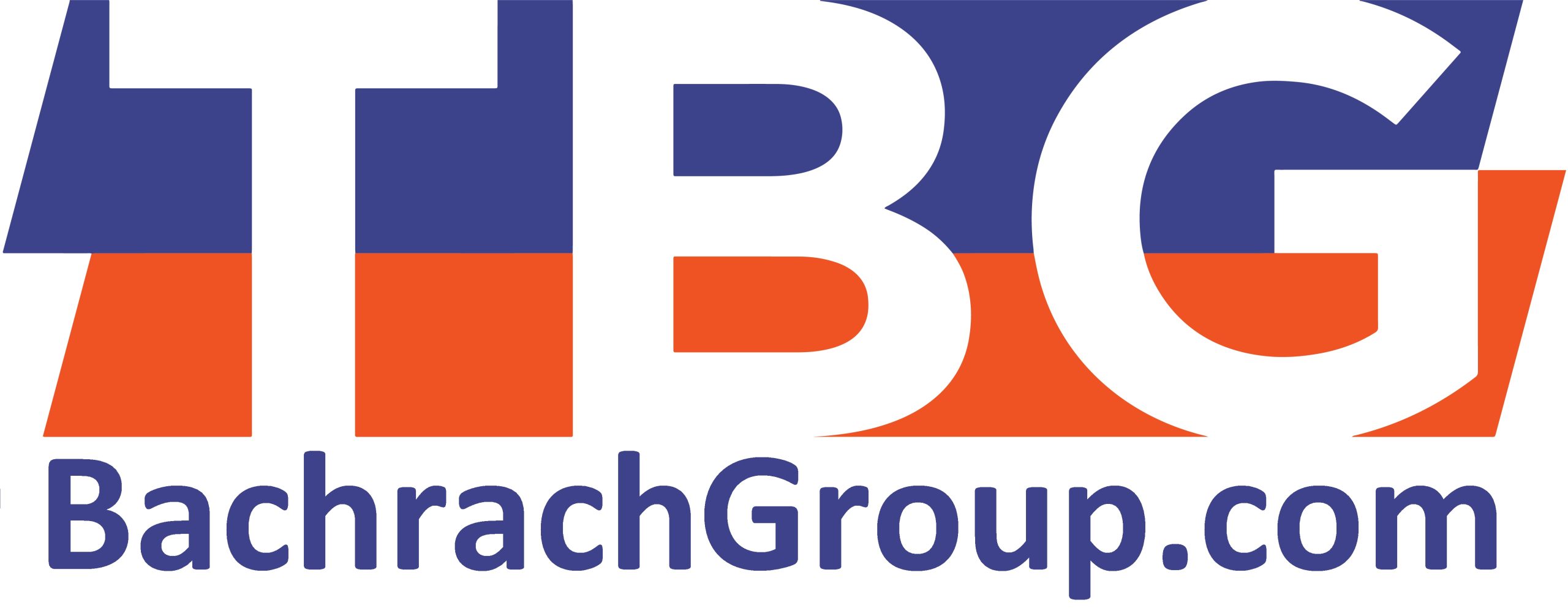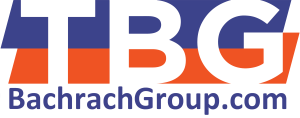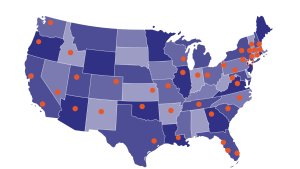When explaining to someone what my daily responsibilities at work are I simply say, “My job is having multiple jobs.”
As someone in the administration and operations organizations, I have to be able to complete multiple tasks while multitasking. I’m working on ad hoc projects, my priorities and deadlines are constantly being updated, I’m facilitating the web of multiple relationships, and communicating across multiple teams and companies. My brain is constantly going a mile a minute, all day, every day. The fun quirky bit to this, is that the only way that I feel successful in my job is when I’m able to officially check things off my list. This workstyle combined with my personal satisfaction levels is a disaster.
No matter the spectrum of your work or the industry that you’re in, everyone wants to walk away from a project or task feeling like they did a good job. When you’re working in a world where a project lasts weeks, or your daily responsibilities don’t necessarily have an end, it becomes challenging to feel like you truly completed your workday. The realization of this, for me, was extremely significant in my ability to feel good about my day-to-day, but I knew I still had to take further action.
I hate being unproductive, and I hate it even more when it looks like I’m being unproductive. If I’m working on 5 projects that each last 5+ weeks, it becomes impossible to say “I completed this today.” Even though the effort being put in on a daily basis is working towards that end point, it’s sometimes hard to continue moving forward. I’ve learned that over time, the only way that I can continue chugging along is to give myself a “Brain Break.” The idea of brain breaks are most certainly not new. In fact, many teachers are taught these ‘tricks’ to help restore their students’ focus.
Taking breaks throughout the workday has benefits for both employee and employer. In 2011, the University of Illinois studied the effects of taking breaks as opposed to not doing so in different working environments. They found that the brain’s attentional resources drop after a long period of focusing on a singular task – this decreases the ability to retain learned information and hinders long-term retention and performance. The study broke down the top benefits of taking a break and is broken down below (quotes are pulled from Barry Chignell, Marketing Specialist at CIPHR):
- Information Retention – your brain has two modes – focused and ‘diffused.’ “When operating in diffused mode, our brain is more relaxed and in a ‘daydream’ type state. Some studies have shown that we solve our most difficult problems when we’re in this diffused state…try letting your brain wander and find its own solution, instead of forcing yourself to find the answer.”
- Creative Juices Flow – Forcing yourself to focus exhausts your cognitive capability, and because of this, you may be unable to make important creative connections.
- Seeing the Bigger Picture – When you’re focused on the minutiae of a complex task, it’s all too easy to lose sight of the bigger, more strategic picture. Take a break, step back, and reassess your goals and priorities to make sure that you’re giving your attention to the right tasks and projects.
- Promoting Healthy Habits – Taking regular breaks away from your computer and phone give you an obvious and instant remedy from eye strain and headaches that are so commonly caused by these same devices. However, taking a proper lunch break or a walk around the block encourages you to continue to incorporate these activities.
- Productivity Boost – “Instituting a schedule of regular breaks will also give you a series of mini deadlines to work towards, which can spur you on to finish a task more quickly.”
Now that we know the benefits of taking a break, let’s look at how we can implement these breaks: Brain Breaks could be as on-the nose as the name of it – a simple break from work to help refocus. Many individuals use the Pomodoro Technique, a time management system, that promotes individuals to work completely within their time constraints, rather than against it. An example of this is working diligently for 25 minutes, then taking a 5 minute break. These “short bursts or ‘sprints’ followed by short breaks are the best ways to keep yourself on track.”
Researchers at DeskTime – a software company implementing desktop and mobile time-management and productivity trackers – did their own research and found, “after analyzing 5.5 million daily records of how office workers are using their computer, they found that the top 10% of productive workers all worked an average of 52 minutes before taking a 17 minute break.” Taking a few minutes to refocus allows you to resist distractions around you and complete the tasks at hand.
One of TBG’s top sales performers, Brian McLaughlin, gives himself 3 time-outs per half of the day. This is inspired by his love of sports, but is implemented in his work-life to release stress, reassess roadblocks, refocus before a client call, or is taken as a reward. This, whether Brian knows it or not, is a Brain Break, and it absolutely works for him!
Being the crazed workaholic that I am, I don’t stop there. What really allows me to feel accomplished is doing a mundane task during this break that I can quickly check-off my list. While working remotely I’ll wash the dishes, throw in a load of laundry, take out the trash (or similarly, swipe left on a dating app). At the office, I’ll take a break and clear my desktop, shuffle through my junk mail, do some research for a distant project, or my personal favorite – collapse boxes.
Simply taking 5 minutes a few times a day to refocus is imperative to a successful day, and it should be implemented in everyone’s daily life.
Tim Kreider, an essayist, columnist, and cartoonist, sums up this idea eloquently saying, “Idleness is not just a vacation, an indulgence or a vice; it is as indispensable to the brain as vitamin D is to the body, and deprived of it we suffer a mental affliction as disfiguring as rickets… It is, paradoxically, necessary to getting any work done.”
Written by
Sophia Interlicchio, Deputy Chief of Staff



